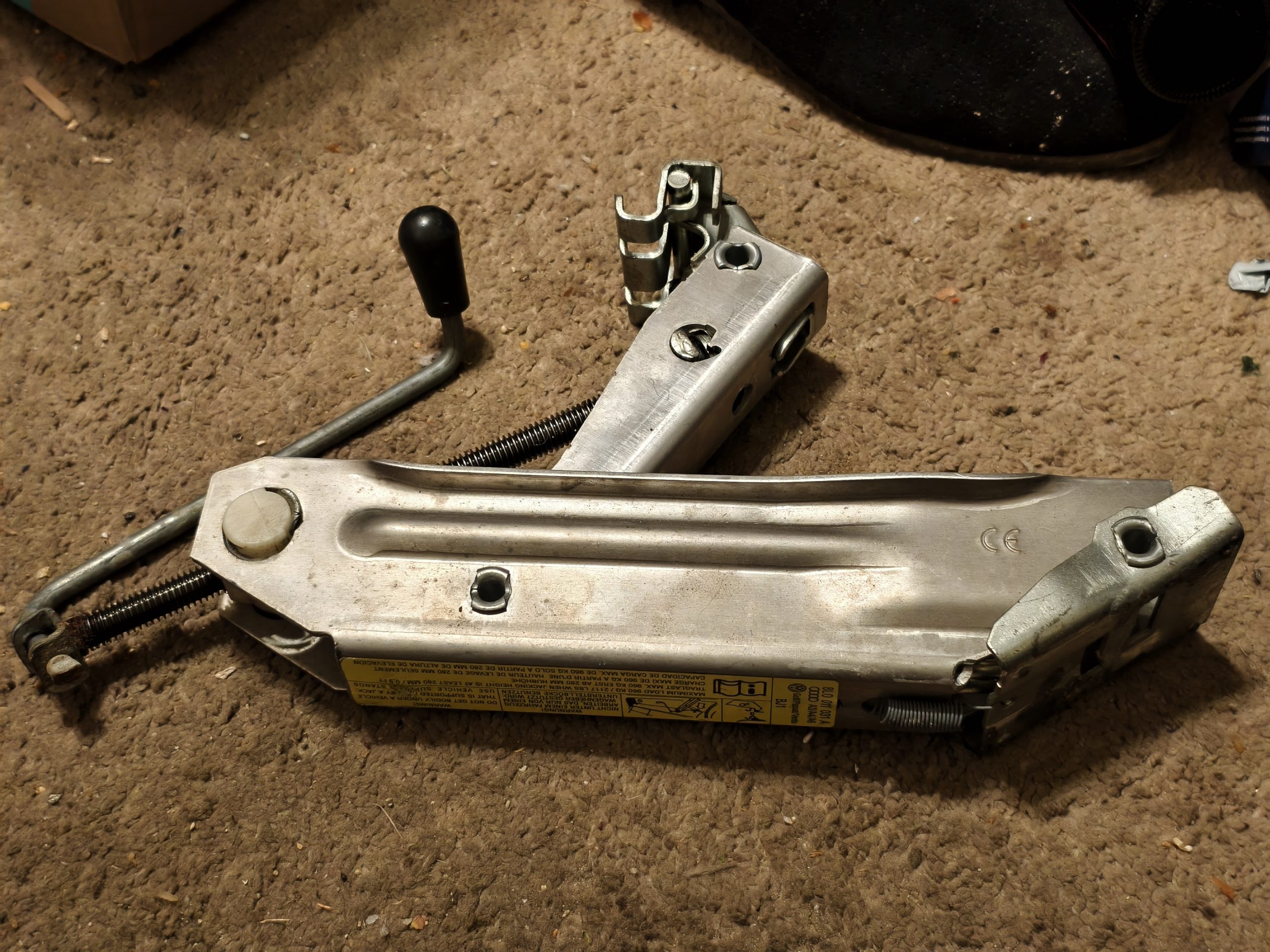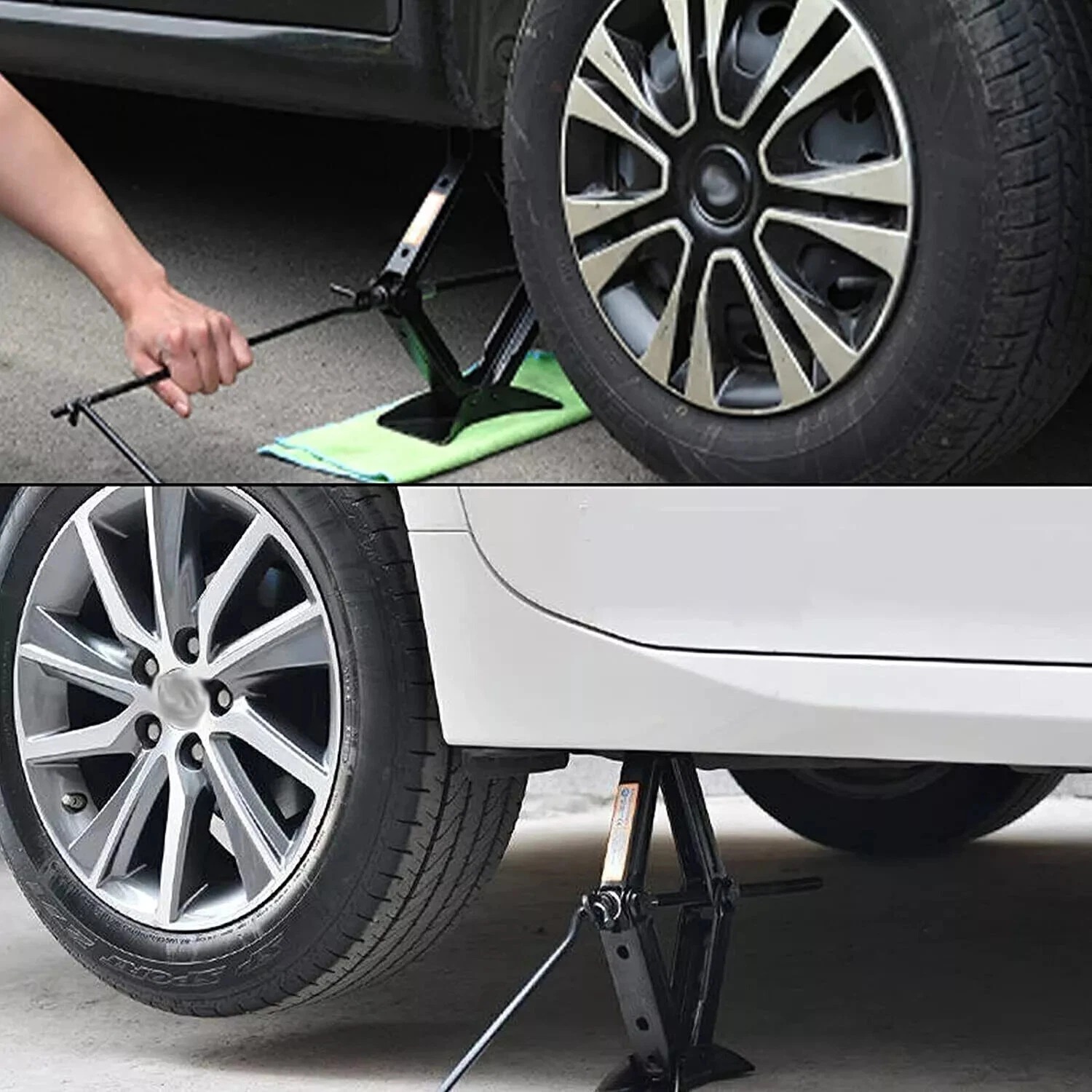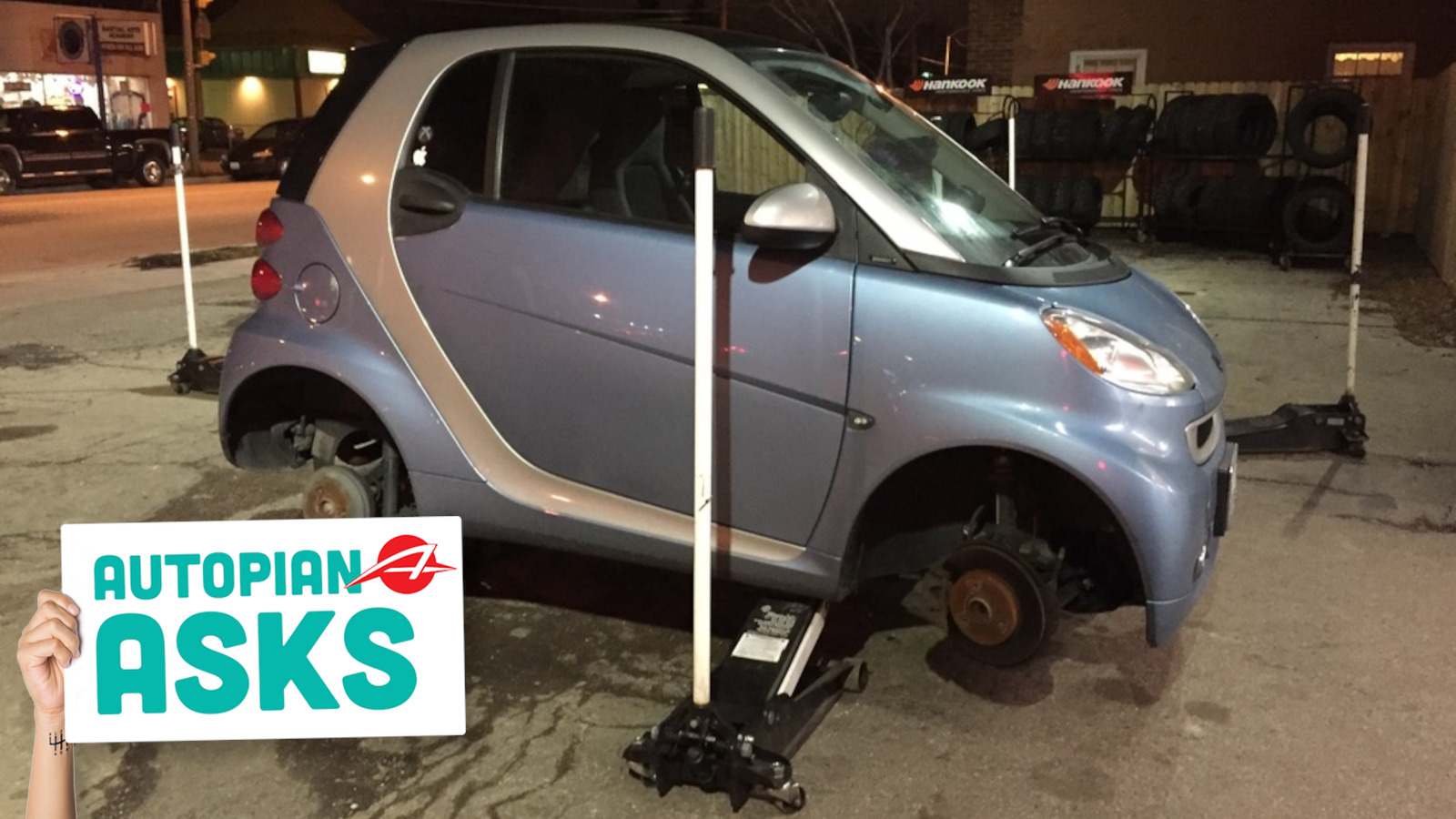The life of a car enthusiast is often one rife with its peaks and troughs. Cars can deliver some of your best days and some of your worst, especially if you goofed up because you didn’t know something important. Maybe you learned about how rear-engine cars handle the hard way, or that if you wreck a financed car, the insurance payout will likely be lower than what you owe. What car lesson took you way too long to learn?
Sometimes I am a stubborn person. If I feel that something is working, I’ll keep doing it until I have evidence otherwise. Unfortunately, in more than one instance, that required “evidence” was more than word of mouth, and required something stupid or bad to happen to me.
My best example of this has to be how I used to lift cars for servicing. Today, I use a sturdy floor jack to lift a vehicle, jack stands to secure it, wheel chocks to keep it from moving, and a spare wheel under the vehicle as a last resort. But this wasn’t always the case. When I was younger and dumber, I took far more chances than anyone ever should.

In my early days of car enthusiasm, if I needed to lift a car for any reason, I always used the vehicle’s factory emergency jack. Of course, in the days before cars shipped from the factory with a bottle of goop and some well wishes, you had actual spare tires and a tire change kit.
Every single time I wanted to swap wheels, work on brakes, or do some other kind of work that necessitated a wheel removal, I busted out the old scissor jack, pumped my car up, and got to work. For at least the first couple of years of my wrenching, that tiny black jack was the only thing holding the car up. Later, I learned to slide a wheel under the car for safety, but I still used the stupid scissor jack, anyway.
My good friends would tell me to stop doing it because, as they told me, scissor jacks are really only supposed to be used for emergencies. Even then, they’re liable to topple or buckle. My friends called them “widowmakers.” Sure, I had seen scissor jacks fail before, but I thought it was because the people using them didn’t know what they were doing. I made sure my cars were level and that the jack was properly locked in and perfectly vertical. I mean, just look at this image from an eBay listing for a generic scissor jack, especially the car on the bottom!

Then it happened. One day in 2020 or so, I was swapping wheels on a Volkswagen Passat when the car shifted, the jack buckled, and the car came down. Thankfully, all wheels were mounted, and my body wasn’t under the car, but that was enough to scare me from ever using one of those jacks ever again, even for their intended purpose. Now, the emergency jacks in my inventory just sit around doing nothing. If I have a tire emergency, the floor jack comes out.
My last bit of advice here is that if you are using a tire iron or factory wrench to change a flat tire and you just can’t get the nuts or bolts off, pump the jack up under the wrench to break the wheels loose, and then lift the vehicle. Don’t jump on the tire iron unless you feel like cutting your leg or otherwise hurting yourself, as happened to me once.
How about you? What important car lesson did it take you way too long to figure out? It doesn’t have to be wrenching related, but maybe a driving skill you learned or perhaps a car finance trick.









Huggies Natural Care baby wipes are the best portable wrenching hand cleaner. Keep a pack in every glove box.
Fast Orange and Lava are the GOATs of hand cleaning in the shop, but for portable, side of the road nonsense – Huggies. Highly effective, gentle on the skin, no weird chemical smells or feels.
You’re welcome.
Stay away from German cars in excess of a decade old, unless you go back far enough to get simple ones.
I finally figured out how AWESOME and AMAZING the Fuel Shark is! It has saved me so much fuel! Also, I finally got some blinker/horn fluid and love it! I don’t know how I lived w/o it for so long. Also, replacement smoke for Lucas Electrics is wonderful!
A little anti-seize on lug/wheel threads and grease on the hub goes a long way, and not the other way around. Keyword: little!
Just make sure you don’t overtorque the lugs after installing thread lubricant.
Cooking oils and a skin scraper are by far the best things to remove filthy petroleum products. Apply, rub it in and scrape it off. Add a bit of sugar as an abrasive if needed.
For those prone to eczema cooking oils are skin calming, not skin irritating like most soaps, especially abrasive soaps.
Used oils are carcinogenic to the touch.
Do like Edd China. Use gloves.
Even then, moisturize or use the special pore seal cream BEFORE wrenching. You will thank me during washup.
I wear nitrile gloves and put a drop or two of cooking oil in them when I can. That both protects a bit and moisturises.
But gloves, especially thicker mechanics gloves kill tactile sensation, make handling small parts very difficult and accumulate sweat so they are not the be all, end all solution. Thinner gloves often tear. And gloves don’t cover everything. In all I find gloves thick or thin can often hinder more than help. So if you do happen to find yourself with a big old motor oil or grease stain on your skin try some cooking oil to get it out.